FlexiForce A201/1 Flex Sensor
₹2,149
The?FlexiForce A201 force sensor is an ultra-thin and flexible printed circuit, which can be easily integrated into most applications.
Out of stock
Description
The?FlexiForce A201/1 flex sensor is an ultra-thin and flexible printed circuit, which can be easily integrated into most applications. With its paper-thin construction, flexibility and force measurement ability, the FlexiForce force sensor can measure force between almost any two surfaces and is durable enough to stand up to most environments. FlexiForce has better force sensing properties, linearity, hysteresis, drift, and temperature sensitivity than any other thin-film force sensors.
The ??active sensing area?? is a 0.375?? diameter circle at the end of the sensor. The sensor has two layers of the substrate. This substrate is composed of polyester film (or Polyimide in the case of the High-Temperature Sensors). On each layer, a conductive material (silver) is applied, followed by a layer of pressure-sensitive ink. The adhesive is then used to laminate the two layers of substrate together to form the sensor. The silver circle on top of the pressure-sensitive ink defines the ??active sensing area.??
Silver extends from the sensing area to the connectors at the other end of the sensor, forming the conductive leads.
FlexiForce sensors are terminated with a solderable male square pin connector, which allows them to be incorporated into a circuit. The two outer pins of the connector are active and the centre pin is inactive. The length of the sensors can be trimmed to predefined lengths of 2??, 4?? and 6?? as per the requirements. If the sensor is trimmed, a new connector must be attached. This can be accomplished by purchasing staked pin connectors and a crimping tool. A conductive epoxy can also be used to adhere to small wires to each conductor.
The sensor acts as a variable resistor in an electrical circuit. When the sensor is unloaded, its resistance is very high (greater than 5 Meg-ohm); when a force is applied to the sensor, the resistance decreases. Connecting an ohmmeter to the outer two pins of the sensor connector and applying a force to the sensing area can read the change in resistance.
Application:
An example circuit is shown below. In this case, it is driven by a -5 V DC excitation voltage. This circuit uses an inverting operational amplifier arrangement to produce an analog output based on the sensor resistance and a fixed reference resistance (RF). An analog-to-digital converter can be used to change this voltage to a digital output. In this circuit, the sensitivity of the sensor could be adjusted by changing the reference resistance (RF) and/or drive voltage (VT); a lower reference resistance and/or drive voltage will make the sensor less sensitive and increase
its active force range.
Note:
The sensing area is the silver circle on the top of the sensor only.
Typical Performance:
Force Range: 0-1 lb (4.4 N)
Operating Temperature Range: 15?F to 140?F (-9?C to 60?C)
Linearity (Error):? +/- 3%
Repeatability : +/- 2.5% of full scale (conditioned sensor, 80% force applied)
Hysteresis: <4.5% of full scale (conditioned sensor, 80% force applied)
Drift: <5% per logarithmic time scale (constant load of 90% sensor rating)
Response Time: <5 microseconds
Output Change/Degree F: Up to 0.2% (~0.36% / ?C).
Loads <10 lbs, the operating temperature can be increased to 165?F (74?C).
Package Includes:
1 x??FlexiForce A201/1 Flex Sensor
Additional information
| Weight | 0.006 kg |
|---|---|
| Dimensions | 6 × 1 × 1 cm |
Only logged in customers who have purchased this product may leave a review.

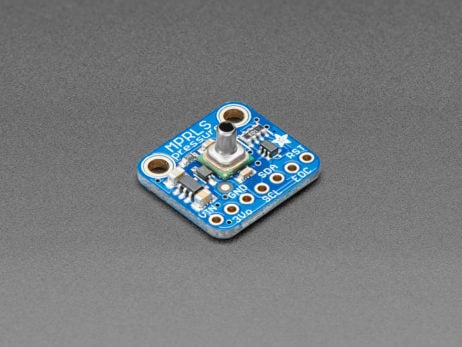
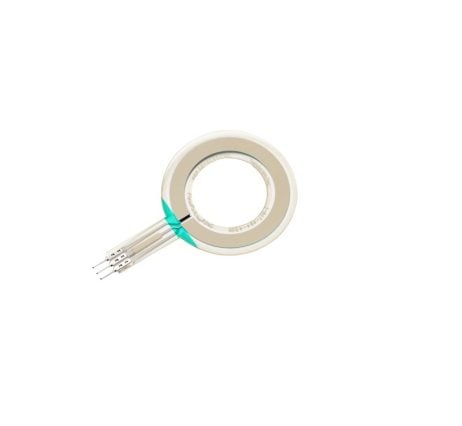
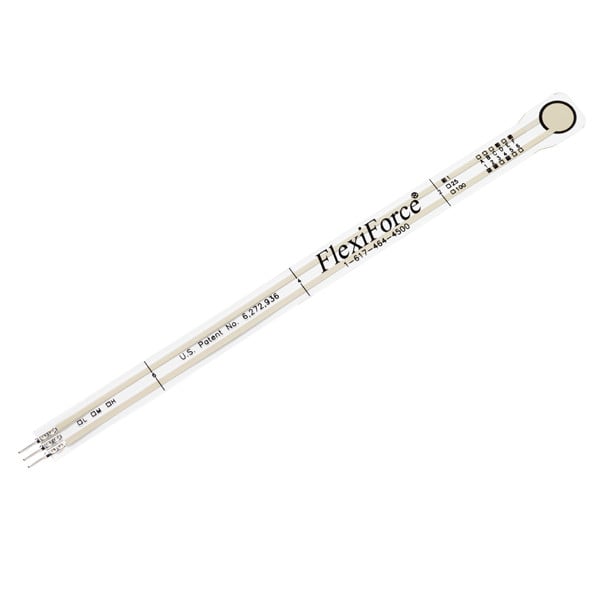
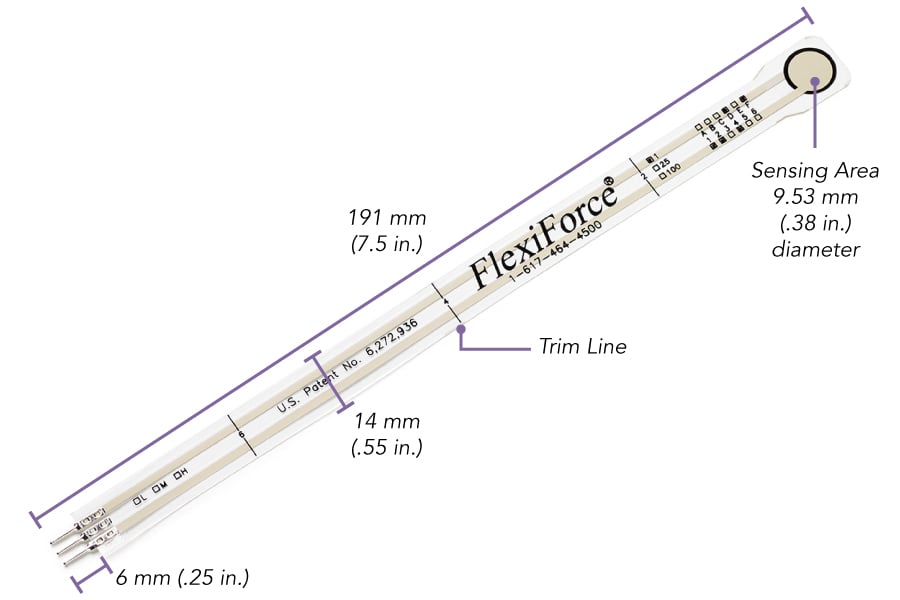
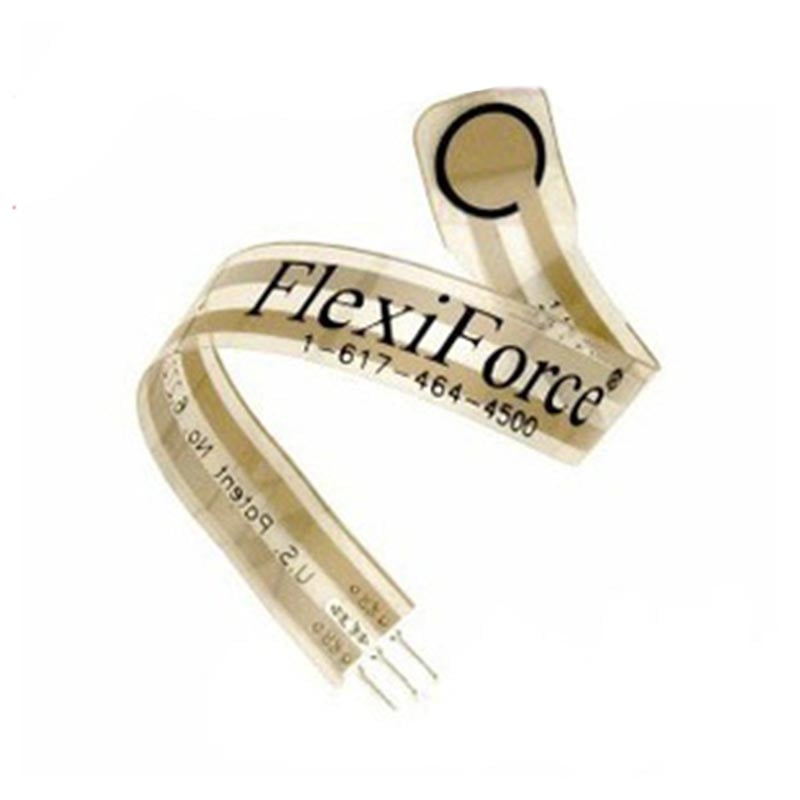
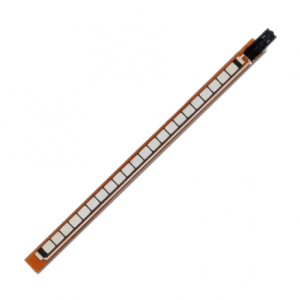
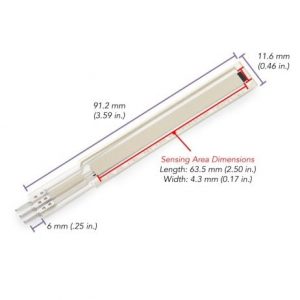
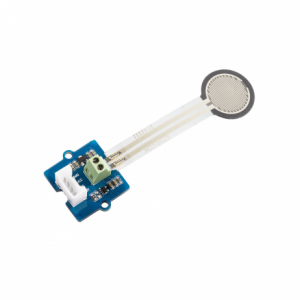
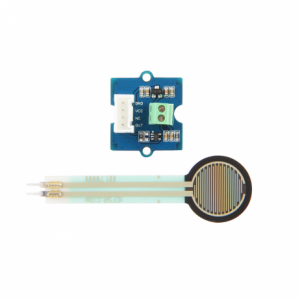
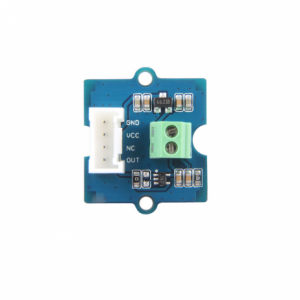
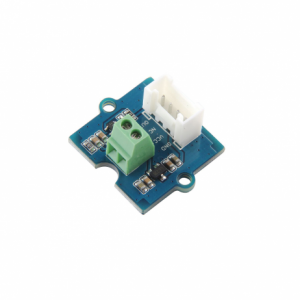
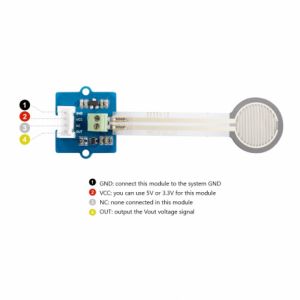
Reviews
There are no reviews yet.